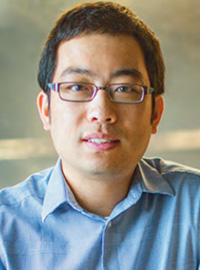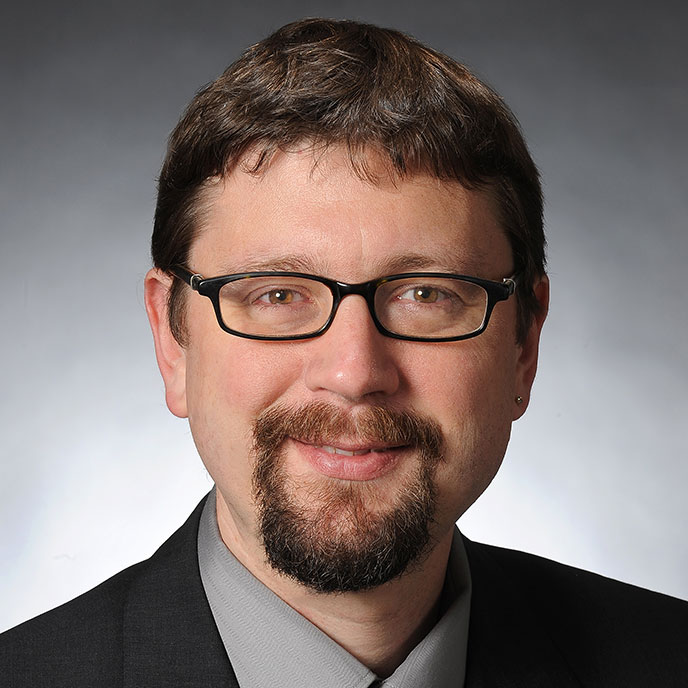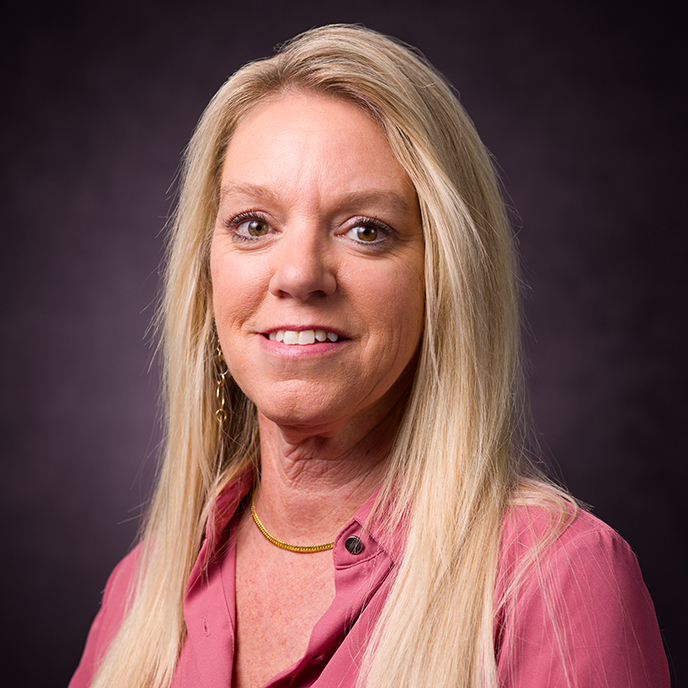The IMSE Undergraduate Research Assistantship Program (URA) offers undergraduate students the opportunity to experience research and exposing students to the kind of work they might do in graduate school. Students will work directly with faculty on current research projects. Because the faculty have very diverse research interests, students have the chance to gain research experience in specific areas of interest. This commitment is for 5-10 hours/week, and include a final presentation day with all participants (faculty and students) in the Undergraduate Research Program each spring. URA positions are intended to benefit students and faculty on multiple levels. Students will:
- gain experience in the research process, including literature review, problem formulation, data collection and analysis, assessment, writing, and presenting;
- learn more in-depth about IMSE areas of interest;
- interact directly with faculty, graduate students, and upperclassmen, building a professional network; and
- earn money.
Students apply for one or two semesters. They indicate their areas of interest and indicate the faculty they would like to work for. Applications are uploaded where faculty can determine who they’d like to meet. Both faculty and students rank their preferences and the department will then match students to a project.
During the appointed time of research, students will meet with their mentors each week, and with other students (undergraduate and graduate) working on the same project as needed. Assignments are for 5-10 hours/week, depending on the position. Students receive reviews from faculty mentors at mid-term and the completion of the assignment (minimum). Students also meet with the Undergraduate Research Program student group 2-3 times/semester.
Guidelines for Students
- Applications are due by the stated deadline and must be filled out completely for consideration.
- Qualified students will be matched with research projects.
- If there is no match for a student with a faculty member, students can apply in future years.
- Students MUST present findings at the end of the school year.
- Students will earn $15/hour, and will have appointments of up to 10 hours/week.





